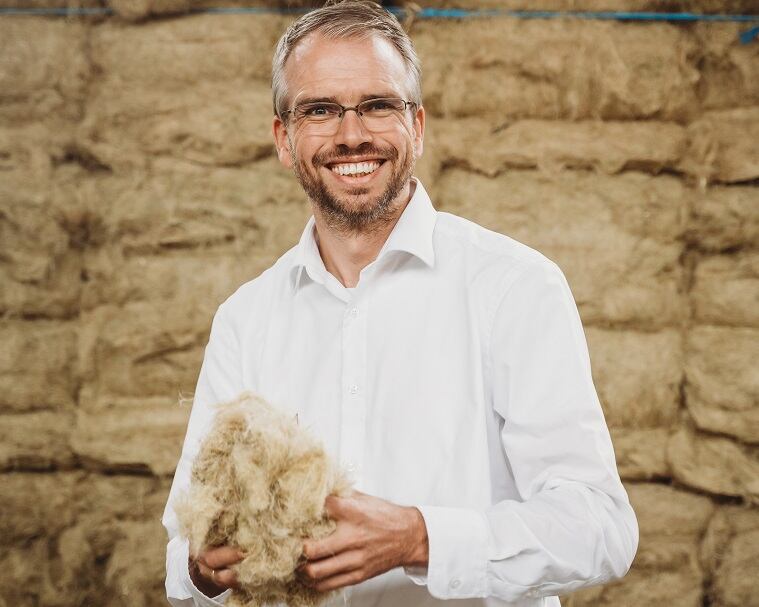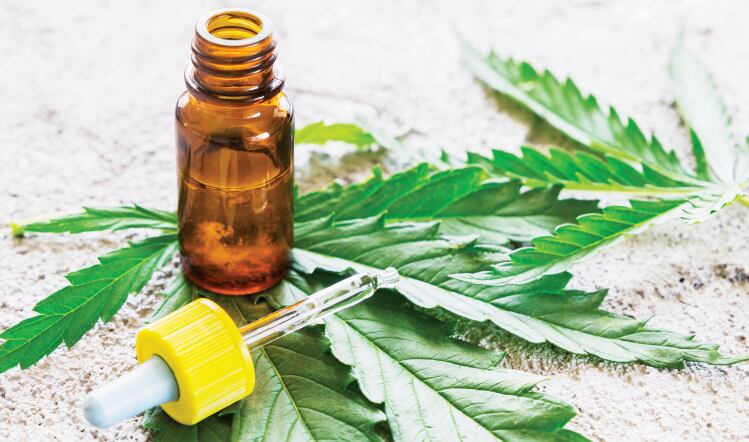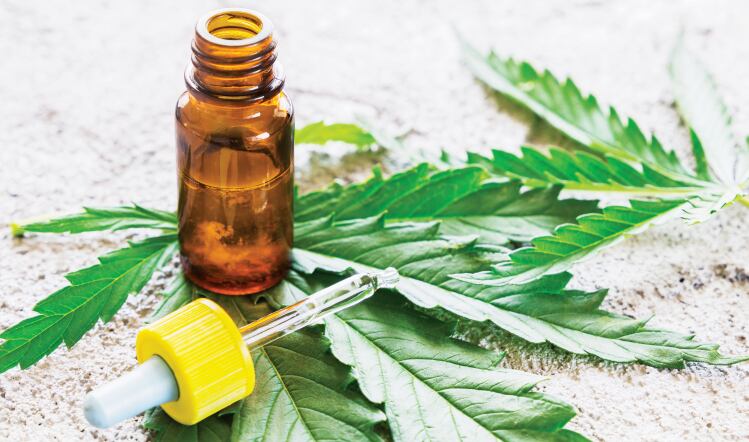Ask someone what comes to mind when thinking of the hemp plant and you will elicit many different responses.
Some will recall its prolific usage in textiles during the 20th Century, whilst others might know of Henry VIII’s requirement that all farmers set aside land to grow hemp for rope, sails, and other naval equipment.
Many, though, will lazily confuse hemp with marijuana, its intoxicating cousin.
Won't get you high
Much as hemp, while growing, might smell and look like marijuana, it won’t get you high: hemp contains less than 0.2% THC, the psychoactive compound found in marijuana.
One of hemp’s oldest usages has been as a foodstuff. Hemp flowers, leaves and extracts have been consumed as food for centuries.
Growing consumer preference for vegan, organic and gluten-free food products provide strong structural tailwinds for today’s hemp-food market, which includes milk, seeds and protein powder. New hemp foods are being developed all the time.
Particularly exciting is work being undertaken to combine hemp and potato proteins to create meat alternatives.
Cannabidiol
One of the latest – and most well-known - iterations of hemp foodstuff is cannabidiol (better known as CBD), which is extracted from the hemp plant.
Following an EU decision in 2019 that Cannabis sativa L. (commonly known as hemp) and cannabinoids (naturally occurring components of the hemp plant) constitute ‘novel’ food, CBD companies are required to submit Novel Food applications to retain EU market access.
In the UK, the Food Standards Agency (FSA) has implemented its own Novel Foods scheme, largely mirroring that of the EU.
The first Novel Food regulation was introduced in 1997 with the aim of establishing a food safety mechanism to control newly developed, synthetic or genetically produced food, whereby a food is novel if it was 'not used for human consumption to a significant degree within the Union before…1997'.
Consumed for centuries
These new entries overlook that hemp has been traditionally consumed as food for centuries. The plant’s naturally-occurring cannabinoids - the most common of which is CBD - have also been consumed in foods and extracted using different methods throughout history.
What’s more, until the end of 2018, extracted CBD was considered ‘novel’ only if the levels of CBD were higher than in the source plant. It follows, then, that hemp leaves, as well as CBD processed through a traditional method of extraction, with the natural content of cannabinoids (i.e., full-spectrum CBD) are traditional foods and should not fall under the scope of the Novel Food regulation.
This can all seem rather academic. What matters is food quality. The best guarantee of consumer safety would harness the knowledge of the hemp industry through an industry-wide standard, agreed by laboratories, growers, associations, and processors.
Setting out quality requirements that would be required of all such products would rid the industry of bad actors selling low-quality, false or even harmful products.
CBD Quality Mark
This is working to great effect in the Netherlands under the Cannabinoid Association of the Netherlands’ (CAN) CBD Quality Mark, which ensures products are correctly labelled, meet strict quality requirements and come from EU-approved hemp varieties.
CAN’s approach to consumer safety is also bolstered by CanCheck.org, a free-to-use online CBD tracing tool, where every link of the supply chain is verified by blockchain.
In time, I suspect UK regulators will come to understand that it is quality marks and technology - not Novel Food authorisation – that really keeps CBD consumers safe. Until then, legal security can only be obtained by approval as a Novel Food.
What matters most is that consumer access to high-quality, natural CBD is maintained. Anything less risks driving consumers towards an unregulated black market. As such, the European Industrial Hemp Association (EIHA), Europe’s foremost coalition of industrial hemp companies, has opted to seek approval via the Novel Food route.
Unachievable sums
It is estimated that an individual company registering a single product under Novel Food guidelines would need to invest between €350,000-€500,000. These sums are clearly unachievable for many in the nascent CBD industry.
As such, EIHA assembled a consortium with the aim of submitting a joint Novel Food application and sharing the costs. The consortium has passed the FSA’s key administrative checks, allowing members’ products to remain on UK shelves. Full authorisation will only be granted after EIHA-sponsored CBD and THC toxicological testing is completed.
We are confident these studies will demonstrate the safety of naturally occurring trace levels of THC in hemp foods and supplements, prompting lawmakers to establish a risk apparatus consistent with alcohol, nicotine, and caffeine. Only then can we protect consumers whilst allowing a competitive hemp food industry to the thrive.
Mark Reinders is chief executive officer of HempFlax and a former president of the European Industrial Hemp Association




